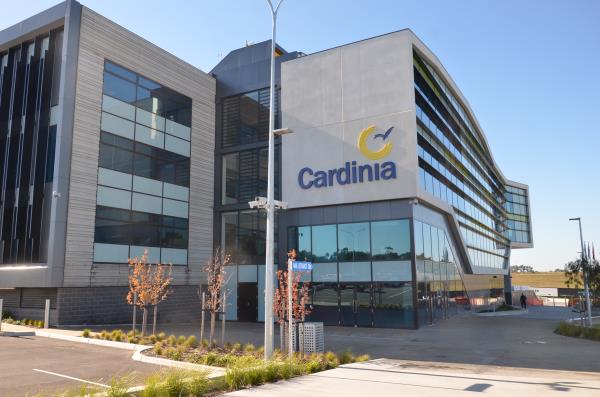By KATHRYN BERMINGHAM
CARDINIA Shire Council has confirmed it did not apply to the Essential Services Commission for a rate cap exemption, bringing an end to speculation that last year’s Big Budget Brainstorm would be used to support an application.
But the council is warning ratepayers that a 2.5 per cent rate cap will not equate to a blanket rate rise of that amount.
A statement released on 3 February said that rate increases will be based on the value of each individual property.
“Instead, ratepayers will see a change in their rates based on how property values change, and the total rate revenue collected by the council will increase by 2.5 per cent,” it read.
“This is due to rate capping being introduced in a year that properties are revalued.”
The controversial issue made headlines last year as councillor Collin Ross called on his colleagues to support the scheme or oppose it “at their own peril”.
He also vocally feared that the 2015 Big Budget Brainstorm, a series of seminars where ratepayers were able to have their say on the 2016/17 budget, would be used as evidence of community support in an application to the ESC to exceed the rate cap.
On Tuesday 2 February, he said the decision not to submit an application was a “terrific thing”.
Yet he still intended to raise a motion asking councillors to publicly declare whether or not they supported a cap, both now and in the future.
“I am going to challenge all councillors to say whether or not they will hold the same position as they do now if they are elected at the end of the year,” he said.
“These are things that the community wants to know before the election.”
The council stated that a significant asset sale would offset the impact of the rate cap on the 2016/17 budget.
A surplus of more than $1 million was also projected in 2016/17, which would be directed towards asset renewal and allow for a balanced budget despite the cap.
A total of 21 Victorian councils applied to the Essential Services Commission for a rate cap variation, including neighbouring municipality the City of Casey.
Casey mayor Sam Aziz attributed the need for an exemption to rapid population growth in the area.
“Other metro councils do not have the pressures facing Casey. Casey is starting at a lower base with residents already enjoying low rates,” he said.
“As a growth council, the cumulative impact of rate capping in Casey is $30 million over the next four years, and $180 million over the next 10 years which will reduce the council’s ability to deliver the levels of infrastructure and services residents are accustomed to.”
In January, Cardinia Shire councillor Kate Lempriere declared her support for rate capping, despite previously dismissing the scheme as “madness”.
Contrary to the views of Cr Aziz, she said that the extra money generated by the booming population as well as funds contributed by private enterprise and future investment opportunity would contribute to covering the cost of providing adequate services.
“Certainly one of the concerns was that we’ve got a huge influx of new people coming in from all walks of life, but I believe we’ll still be able to provide the right amount of help, the same services to those people seeking help.”
Nearby Bass Coast Shire Council and Murrindindi Shire Council also applied for a rate cap exemption, while City of Greater Dandenong was a notable omission from the list.







